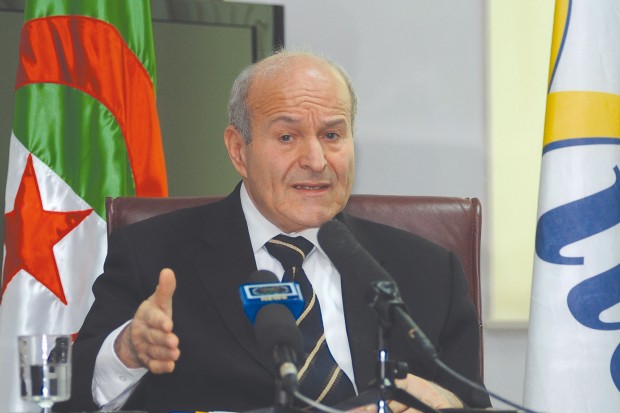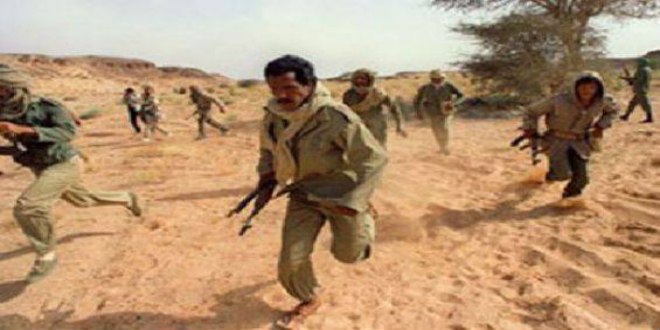 Keen to have a foothold in the Mediterranean, Russia is planning to provide weapons to Libya’s strongman Khalifa Haftar via Algeria, the UK-based news website, the Middle East Eye reported.
Keen to have a foothold in the Mediterranean, Russia is planning to provide weapons to Libya’s strongman Khalifa Haftar via Algeria, the UK-based news website, the Middle East Eye reported.
Citing an Algerian military source that refused to be named, the Middle East Eye said that Renegade general will receive armoured vehicles, ammunition and surveillance equipment from Moscow.
“We must face the facts. We are not going to wait forever for Libyan political parties to reach agreements. Libya needs the rule of law to be restored across the whole country and needs a strong army that is capable of ensuring its security up to the borders. And with the Russians we share a vision,” the Algerian source was quoted as saying.
The source added that the arms deal was reached on board Russian aircraft carrier Admiral Kuznestov which Haftar visited on January 11 and held a video conversation with Russian Defense Minister Sergei Shoigu.
To gain a foothold in Libya, Russia relies on Haftar who emerged as an increasingly viable leader and military governors loyal to him have replaced elected municipal councils in a number of eastern cities.
Several media reports have been speculating about a potential secret deal between Hafter and the Kremlin according to which Russia will arm Haftar’s forces in his endeavor to gain control of the whole country in return for a Russian military base in Libya. Such reports have not been confirmed by the Russian administration.
Haftar paid two visits to Moscow in the past half year in a bid to secure arms supply despite a UN arms embargo in place since 2011 prohibiting the sale of weapons to Libyan factions, to the exception of the government in Tripoli, which can import weapons upon the approval of the UN Security Council.
However, despite the UN arms embargo on Libya, media reports say that Haftar has been steadily receiving arms through the land borders with Egypt and through the sea from allies, including Egypt and the UAE.
Recently, Haftar’s Libyan National Army (LNA) announced its intention to “liberate” Tripoli from what they deem as “Islamist” control. Such an action will signal a return to an outright civil war in Libya and the collapse of the Skhirate agreement and the UN-recognized government.
Libya has been split between two rival governments: one based in Tripoli and the other based in the eastern city of Tobruk. The government in Tripoli is backed by the United Nations, while the government in Tobruk supports Hafter.
In December 2015, a unity government, called the Government of National Accord (GNA) was founded following the Skhirate agreement, but it failed to impose its authority over the whole country.
The turmoil in Libya has taken a toll on its oil production, which is currently about 200,000 barrels per day (bpd), a fraction of the 1.6 million bpd the OPEC member was producing before the 2011 uprising that toppled Gaddafi.



